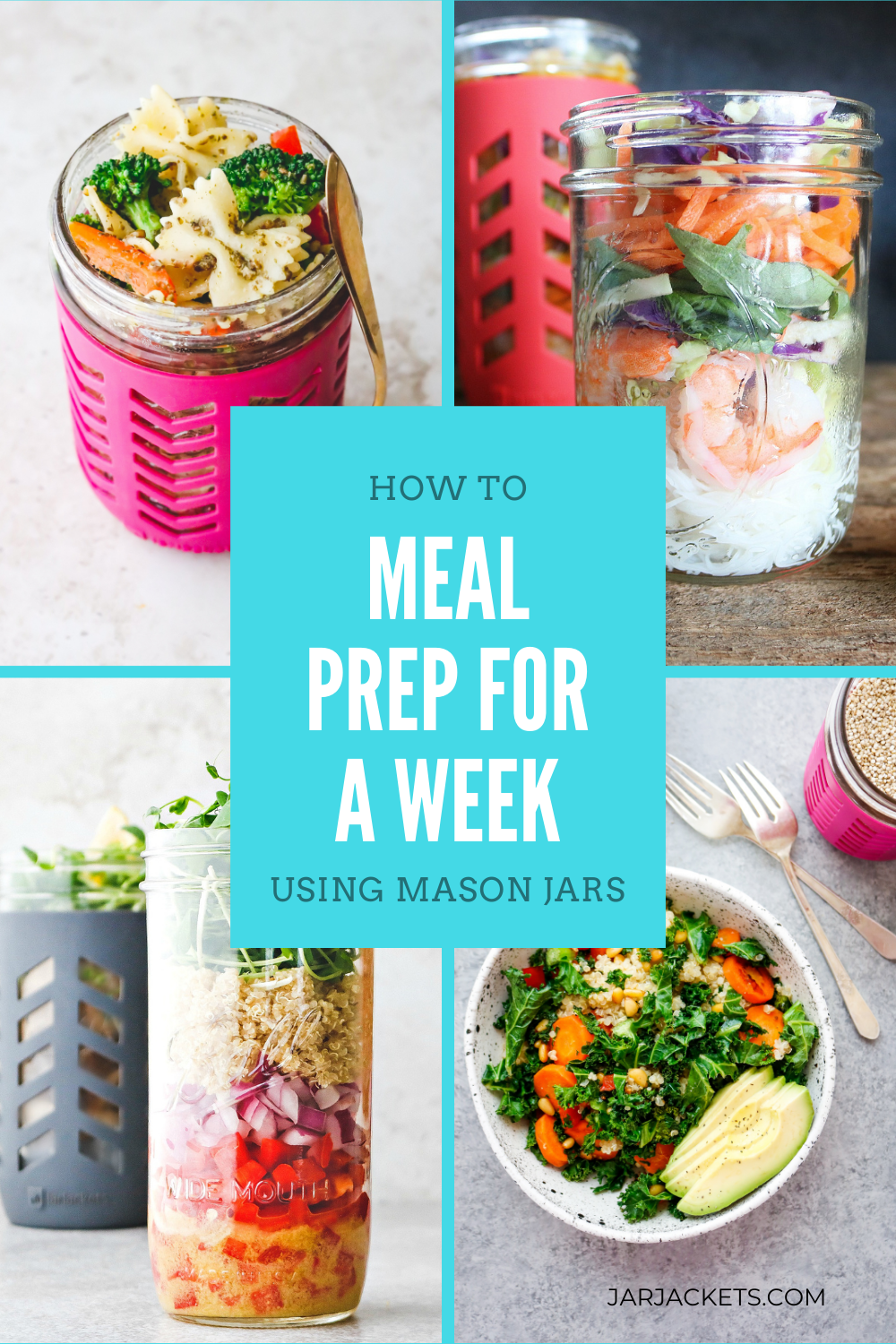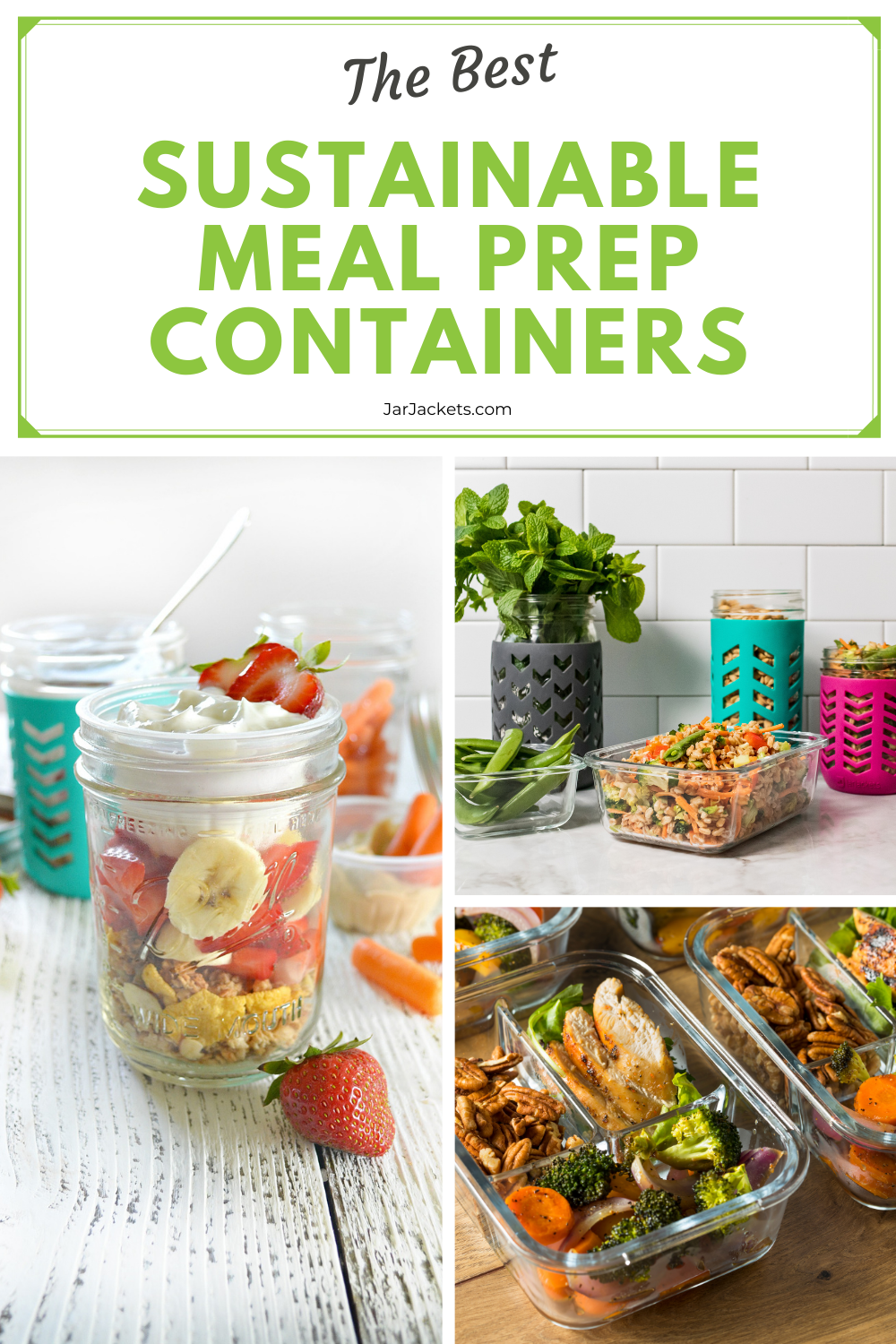Your Cart is Empty
FREE SHIPPING (US ONLY) ON ORDERS OVER $20
FREE SHIPPING (US ONLY) ON ORDERS OVER $20
February 18, 2025 3 min read

There are plenty of reasons to attempt to cut back on waste when grocery shopping, including reducing plastic pollution, shrinking your carbon footprint and simplifying your life.
But it’s not something that just magically happens.
To reduce waste, you have to have a well-planned strategy — and it starts with taking a long, hard look at what you actually need.
The very first step is to sit down, when you’re not in a hurry, and make a list of everything you would typically buy at the store for a week.
Next, take a look at that list and divide it into what you really need and what you merely want. For example, you may find you need things like eggs, cheese, chicken, broccoli, bananas and cheese. But frozen blueberries? Granola bars? Baby carrots in a bag? Are these true needs?
Reducing waste when grocery shopping can’t be done without a bit of compromise. And this is the time to make a few.
Assess what the shopping scene is like near you — beyond the large traditional chain where everyone shops.
Is there a store where you can buy in bulk? Here’s a handy search tool if you don’t know. Health food stores often offer bulk shopping as does Whole Foods.
Is there a farmers market near you? (Use this tool to help find your options.)
You could also look into joining a butchers or farmers coop, which has the added benefit of providing your family with locally sourced foods that are often organic.
Once you have a handle on all of your options, it’s time to move onto the next step.
Now that you know approximately what food you can find where, it’s time to circle back to your list and take a closer look.
Examine each item on both your “wants” and your “needs” lists? Are they available in zero waste options? Flag any items that don’t make the cut.
Can you make any of these foods yourself? Can you swap out Jiffy peanut butter for nut butters available in bulk? Can you simply do without something for just one week and see how it feels?
Once you’re done you will have a list of what you’re going to buy and where you’re going to buy it.
You can’t reduce your waste when food shopping unless you have the right supplies. You’ll need:
Tare weight (also called unladen weight) is the weight of an empty container.
It’s important when bulk shopping because you pay per ounce — and you only want to pay for the food you’re buying, not for your container.
The tare weight is then subtracted from the gross weight of your purchases so that you can accurately pay for what you’re buying.
Not all stores handle tare weight the same, so you’ll want to stop by the customer service before you start shopping.
You can also get ahead of the game by marking the tare weight of your containers at home. You can do that with a scale of course, or by checking out our handy Mason jar tare weight guide.
Will the deli counter at your local grocery store hand your purchases directly to you to put in a container?
Is it OK to use your own container at the salad bar?
Can you head to the butcher and ask them to sell you chicken breasts even if a pre-packaged version already exists?
The answer is that you won’t know unless you ask. And the answer is also likely to be a bit different now than it was before the pandemic, so make sure you ask again a few months down the road as — hopefully — the situation continues to improve.
Mason jars are a great tool for reducing your grocery shopping waste, but they can also be slippery — and they’re breakable. That’s why JarJackets are such a good solution. These silicone sleeves are dishwasher and microwave safe — and they slip right over Mason jars to protect them from the inevitable bumps on the road. And now, JarJackets come packaged in reusable mesh cotton bags that work great for produce, helping you take another step toward your goal of becoming a zero-waste kitchen!

Comments will be approved before showing up.

April 26, 2025 6 min read
We all like the idea of making our families healthy meals, saving money and doing our part to cut down on waste.
But we also like the idea of getting a good night’s sleep, not having a huge mess to clean up in the kitchen after dinner and — just maybe — having time to watch a bit of Netflix or read a book.

April 16, 2025 4 min read

April 09, 2025 2 min read